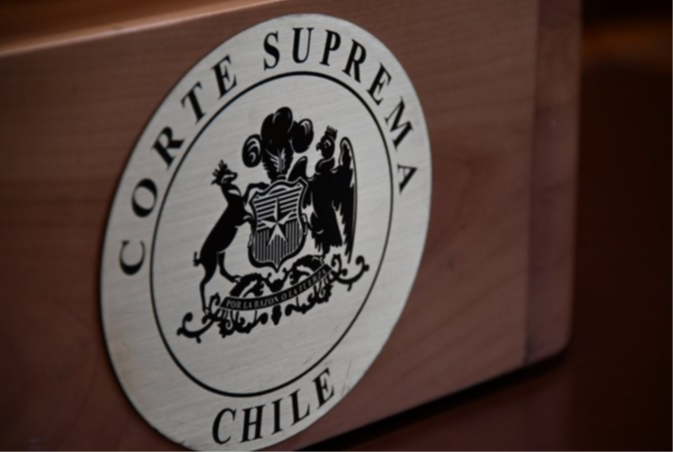
By Roberto Morejón
Almost 50 years after the murder of Víctor Jara, six high-ranking military officers were sentenced to 25 years in prison, while another received 8 years, for their participation in the torture and crimes of Chilean singer-songwriter and lawyer Littré Quiroga.
Victor Jara was a musician, teacher, writer and theater director considered an international reference of the social song, enough for the Chilean dictatorship of Augusto Pinochet to order his extermination.
The author of Te recuerdo Amanda was seen as an enemy because in addition to being a sympathizer of the socialist government of Salvador Allende, he was a member of the Communist Party of Chile.
The interpreter was treacherously tortured and shot together with Littré Quiroga, who was director of the National Prison Service of Allende's government.
Their bodies were thrown into a vacant lot next to a railroad line and there is no record that they were prosecuted.
The singer-songwriter and Quiroga were two of the more than five thousand supporters of the Popular Unity government overthrown by the military in 1973, imprisoned and taken to the Santiago stadium, today called Víctor Jara in memory of the folklorist.
There they were interrogated without following judicial or administrative procedures.
According to the data gathered in the trial of the seven Chilean officers convicted, Victor Jara had 56 bone fractures and 44 bullets in his body and Quiroga had 47 fractures and 23 bullets.
In the face of such abominable details, nobody is concerned about the fate of the seven accused military officers, all retired, among them Hernán Chacón, who was a brigadier in the army, and now has taken his own life before being taken to a prison in Santiago.
No one will remember the dictatorship's hitmen except for their crimes, but Víctor Jara, whose example, social and cultural projection they tried to cut off, continues to be part of the memory of Chile and Latin America.
Justice was slow in coming in the cases of Jara and Quiroga, a widespread problem in Chile when it comes to human rights violations, but it was finally applied.
And it came in a society where there are more than a few Pinochet nostalgics and those who refuse to admit that he headed a fascist dictatorship.

